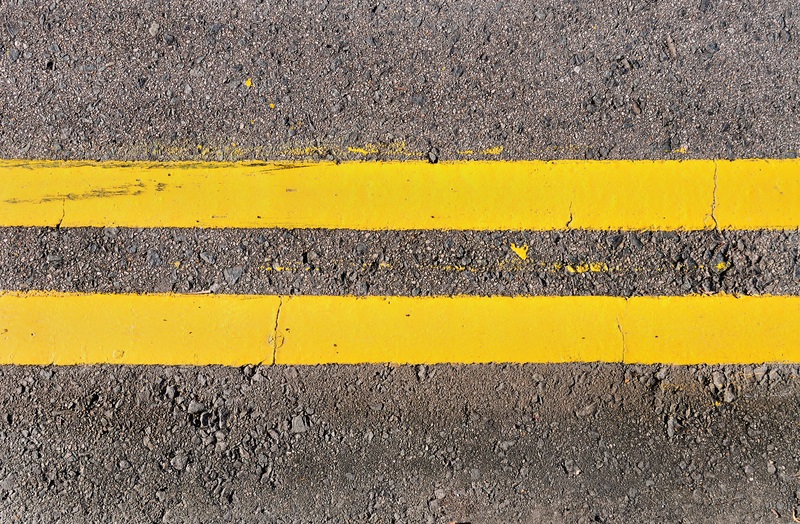
The company says its three-month partnership with the District Department of Transportation (DDoT) led to safer streets and an average of seven to 11 minutes for on-demand operator pick-up and drop-off activity. Ride-share and taxi pick-up and drop-off lasted less than two and a half minutes on average, the company adds.
CurbFlow’s founder Ali Vahabzadeh says: “What we saw in DC is that having reliable, real-time access to the kerb has a major impact on the ability of people to move around the city efficiently and that collaboration can help ease these transportation challenges, making life better for drivers, merchants, cyclists and pedestrians.”
During the programme, CurbFlow coordinated commercial and on-demand operator activity to available kerb space in real time at nine locations throughout the district. The CurbFlow loading zones were chosen based on operators who provided pick-up/drop-off data.
The programme included loading zone access for commercial vehicles, such as those picking up for an online food delivery service. Drivers used the CurbFlow app to either check in on arrival or reserve space up to 30 minutes in advance.
DDoT’s director Jeff Marootian says: “We collected critical data that will inform the next generation of policies, plans, and strategies that we employ to better manage the demand at the kerbside.”
Commercial operators involved in the project include DoorDash, Grubhub, UPS and hundreds of small and medium-sized local companies.











